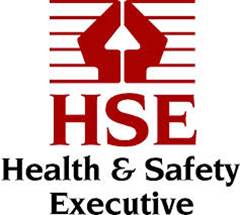Case Study
Accredited inspection plays a central role in the safe management of asbestos in buildings
The UK’s Health and Safety Executive introduced regulations to protect workers and other from the risks of exposure to asbestos. Amongst other requirements, the Control of Asbestos Regulations require testing for the presence of asbestos to be carried out by a laboratory that is accredited by the United Kingdom Accreditation Service (UKAS) against the requirements of ISO/IEC 17025, the international standard for testing laboratories.
HSE also recommends that, where surveys are carried out for the presence of asbestos, they should be carried out by inspection bodies that are accredited by UKAS against the requirement of ISO/IEC 17020, the international standard for bodies performing inspection.
HSE strongly recommend the use of an accredited surveyor to safely manage asbestos. The regulator recognises that accreditation provides clients with an assurance of a surveyor’s competence. (UK)
Click here for further details.
A review of the effectiveness of the Regulations was carried out in March 2017. It concluded that:
- The Regulation minimised the risks from exposure to asbestos to keep workers and others safe. The review stated that the fall in exposures to asbestos between 1980 and 2015 will lead to 25,700 fewer deaths from mesothelioma and lung cancer in the 100 years between 2001 and 2100.
- Costs to business and government/taxpayers, as well as costs to the individuals affected, both in terms of financial costs and the impact of quality of life and loss of life, when applied to those estimates to the yearly profile of prevented cancer deaths between 2001 and 2100, the present value of the benefits to society of preventing those cases of cancer is estimated at £20.9 bn.
A copy of the review is available here.








